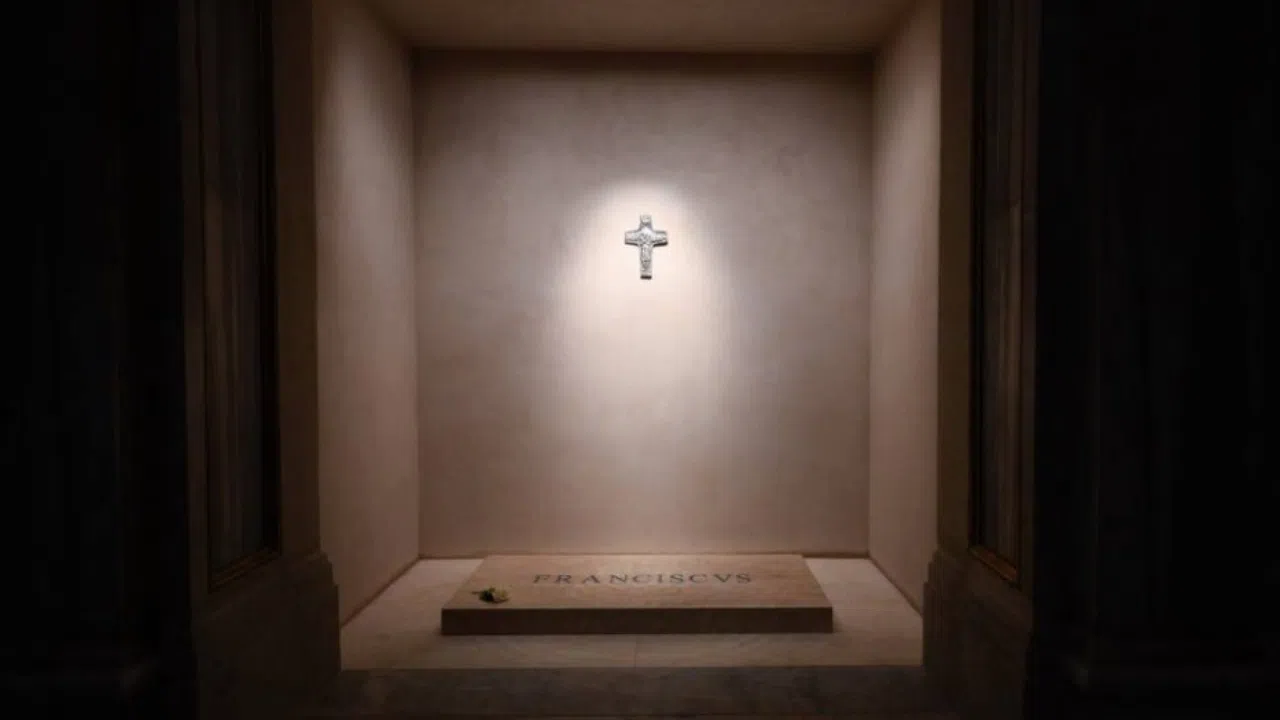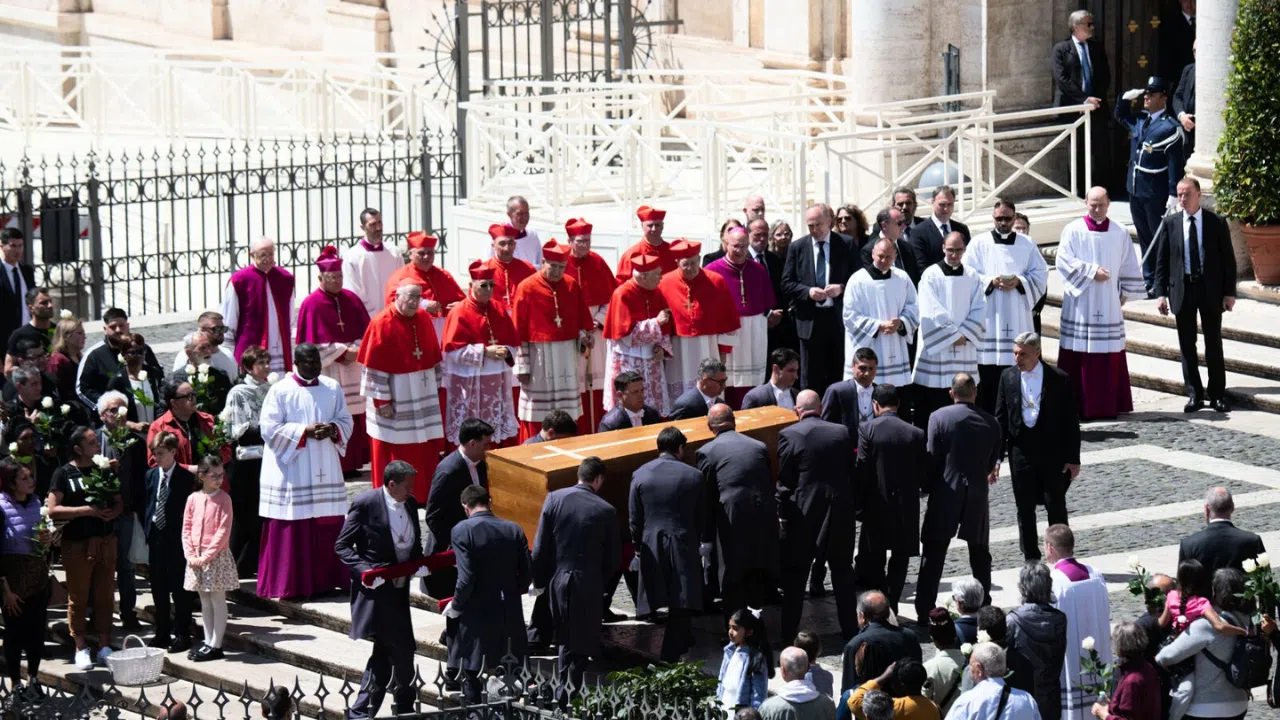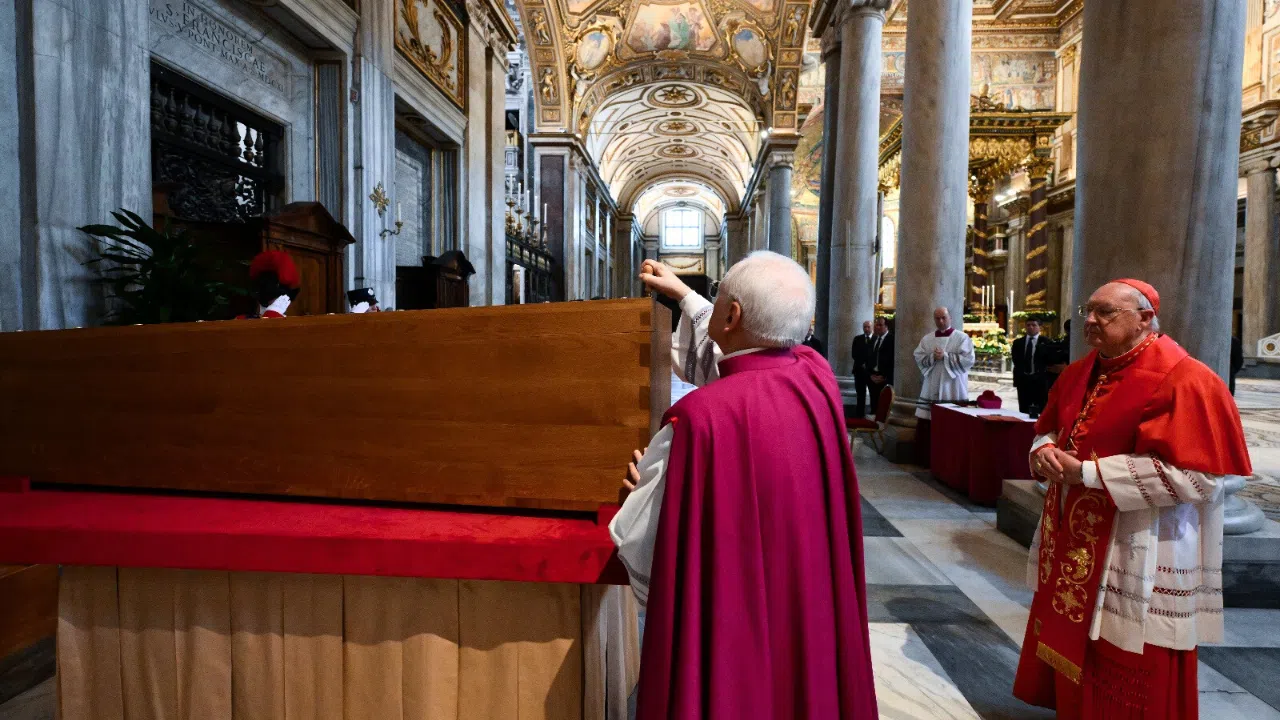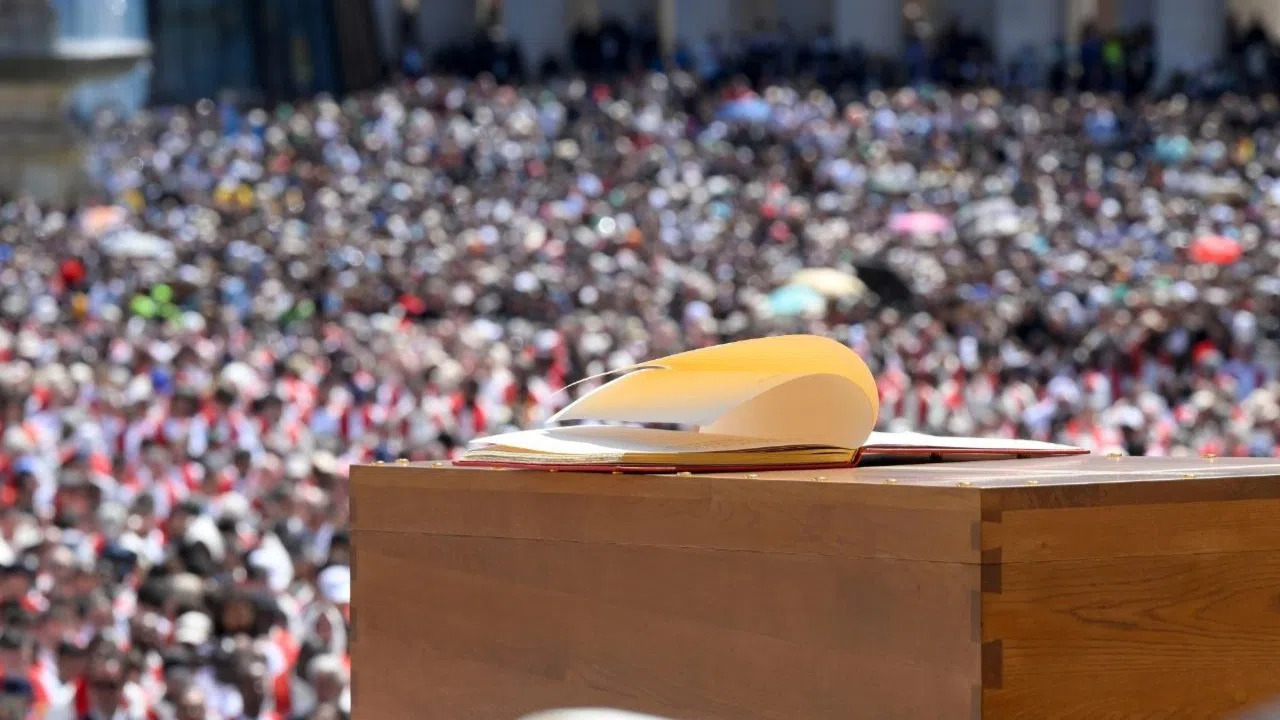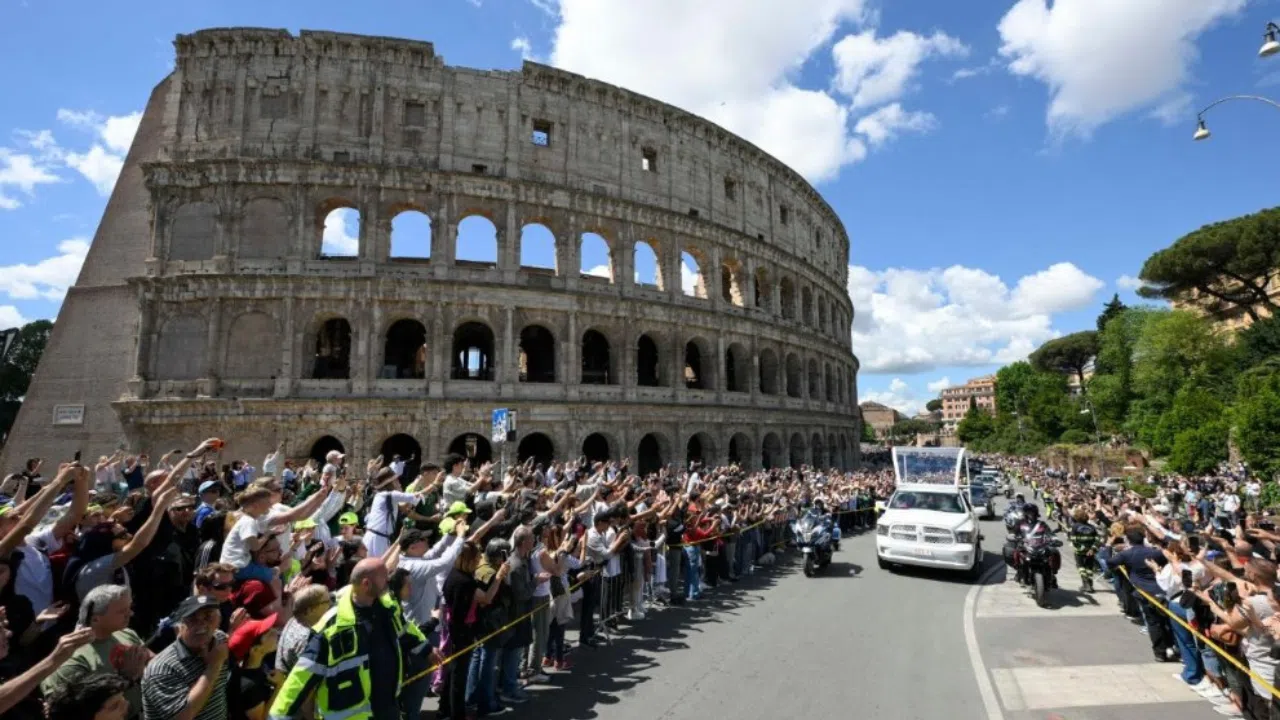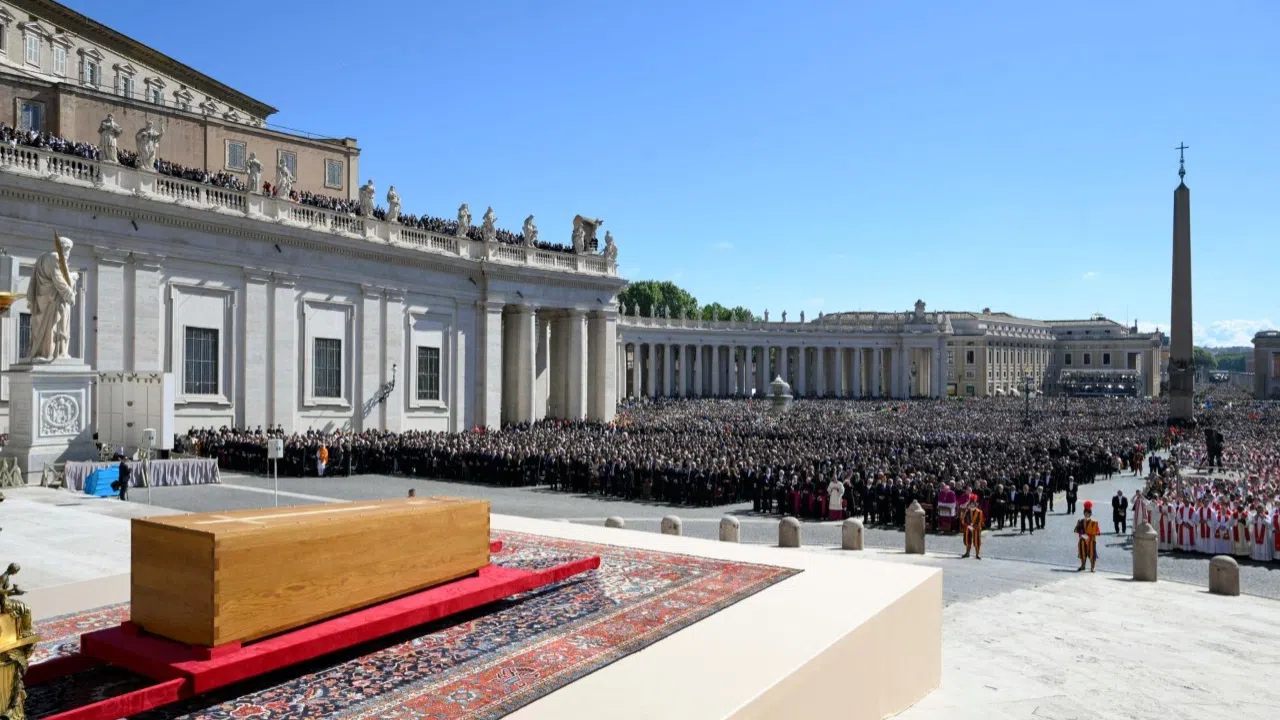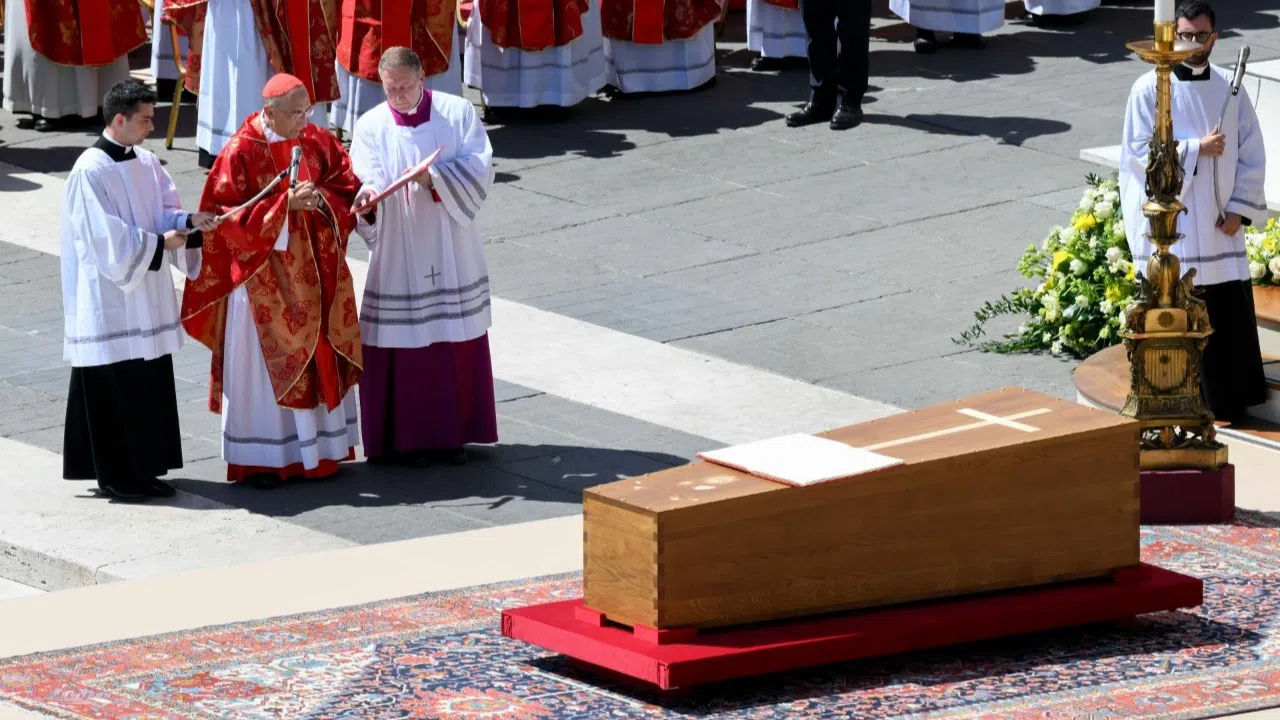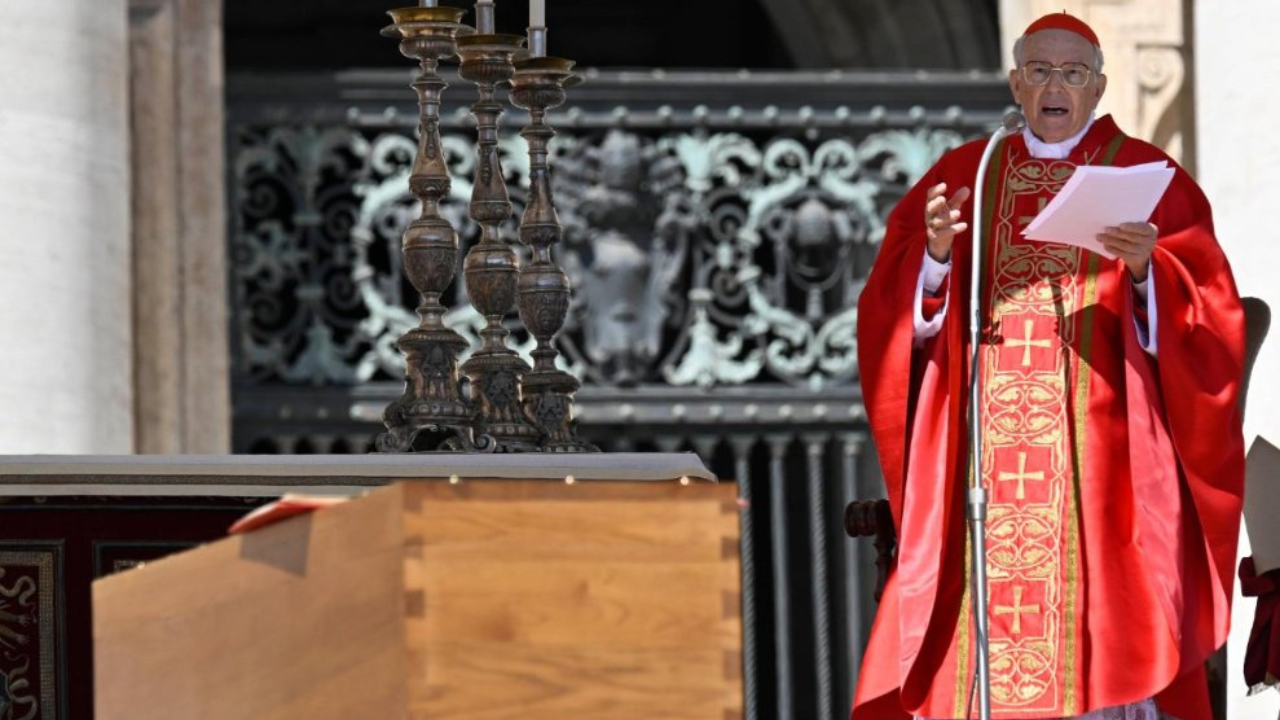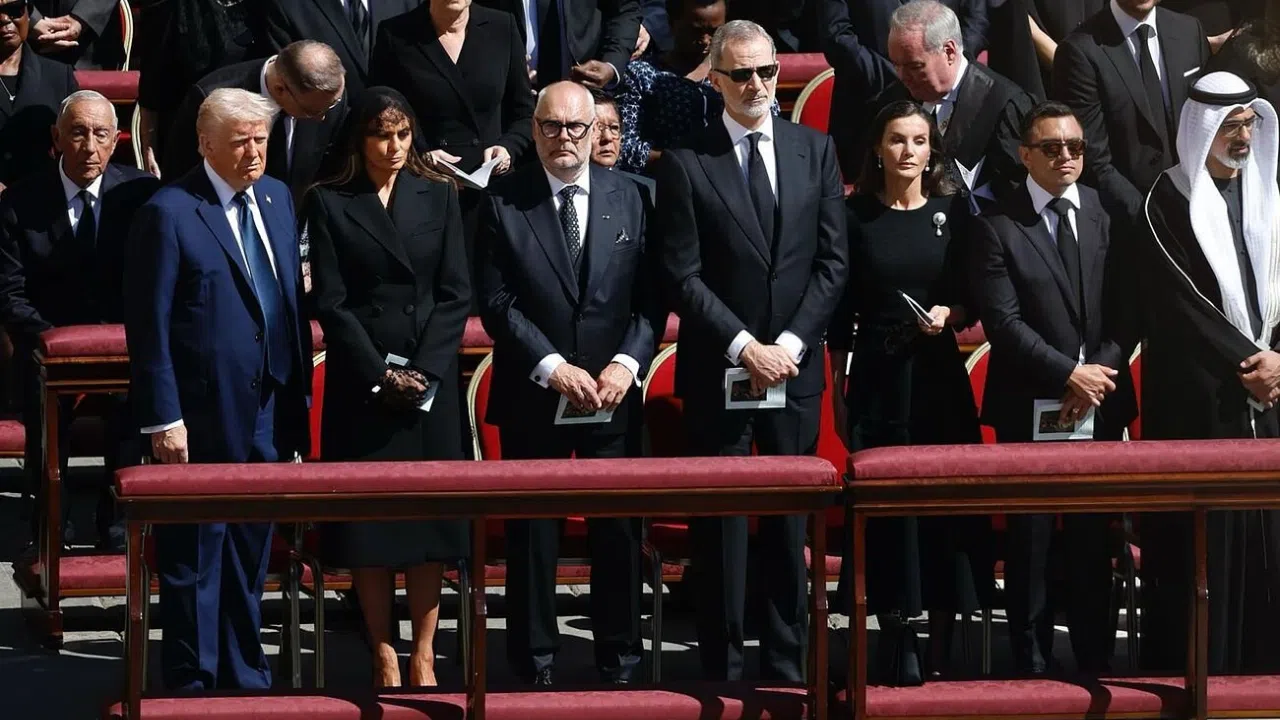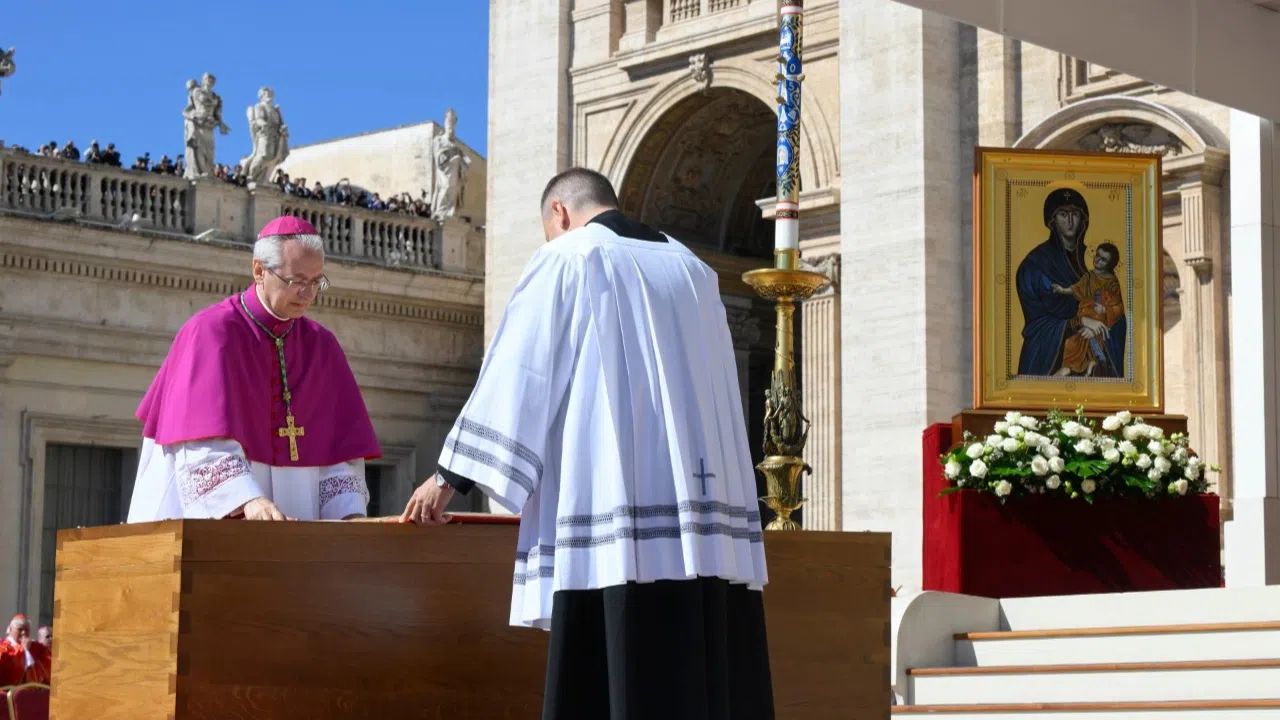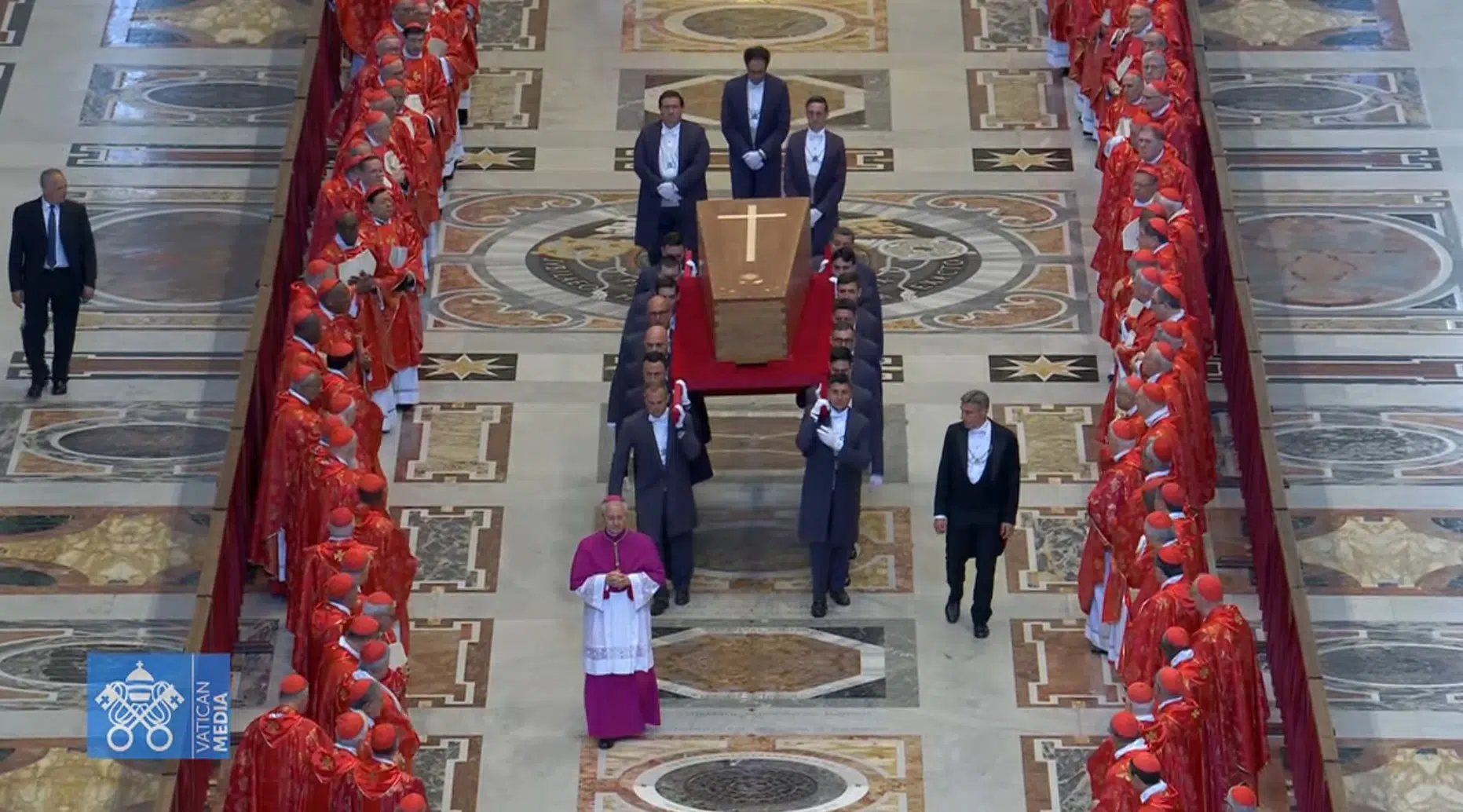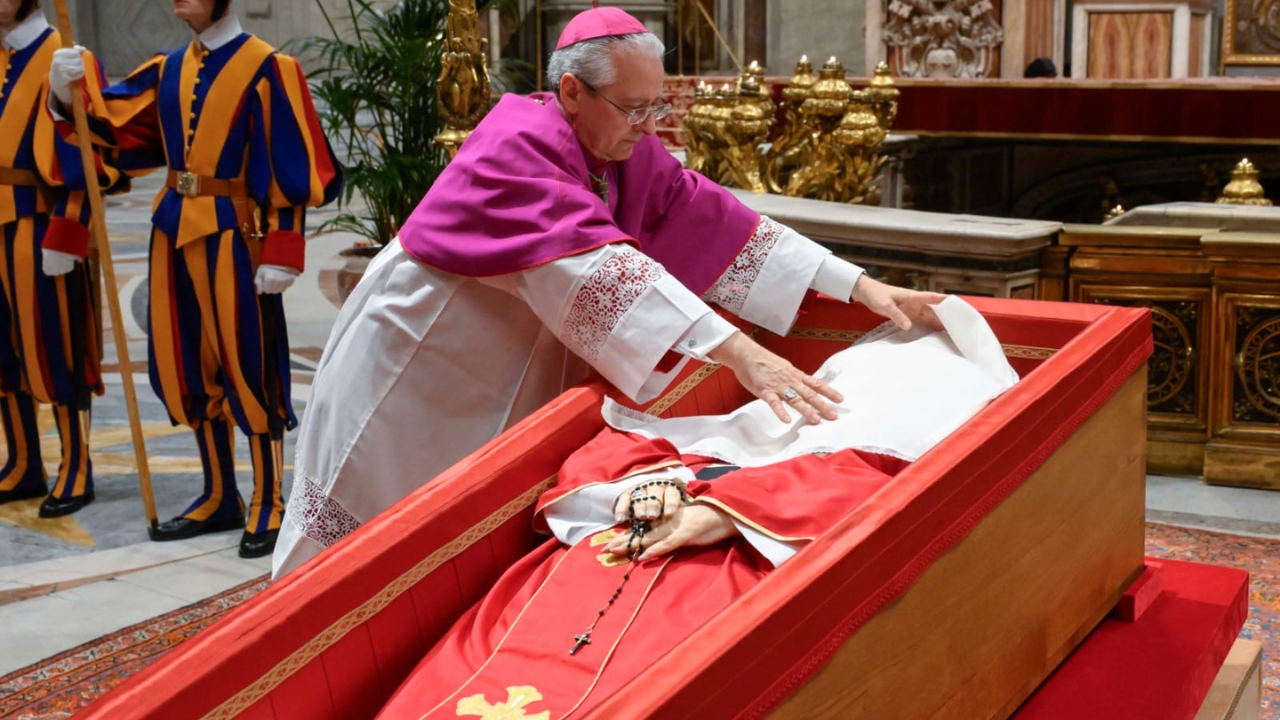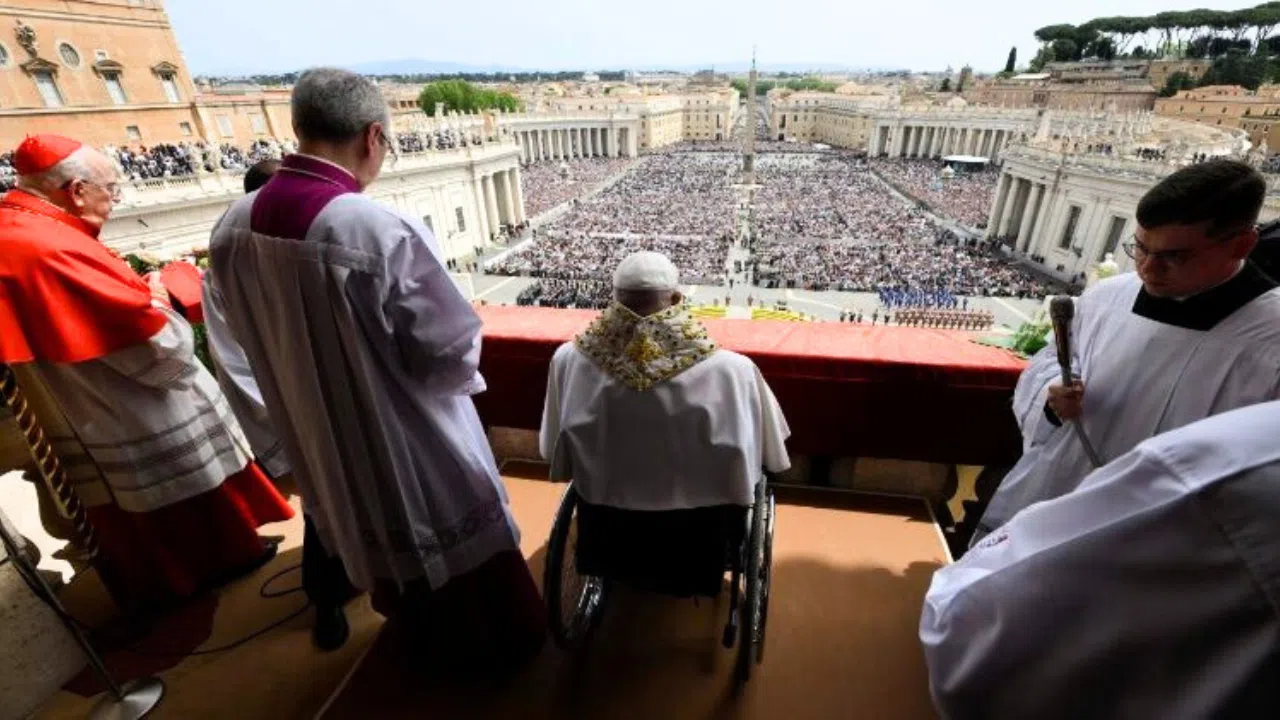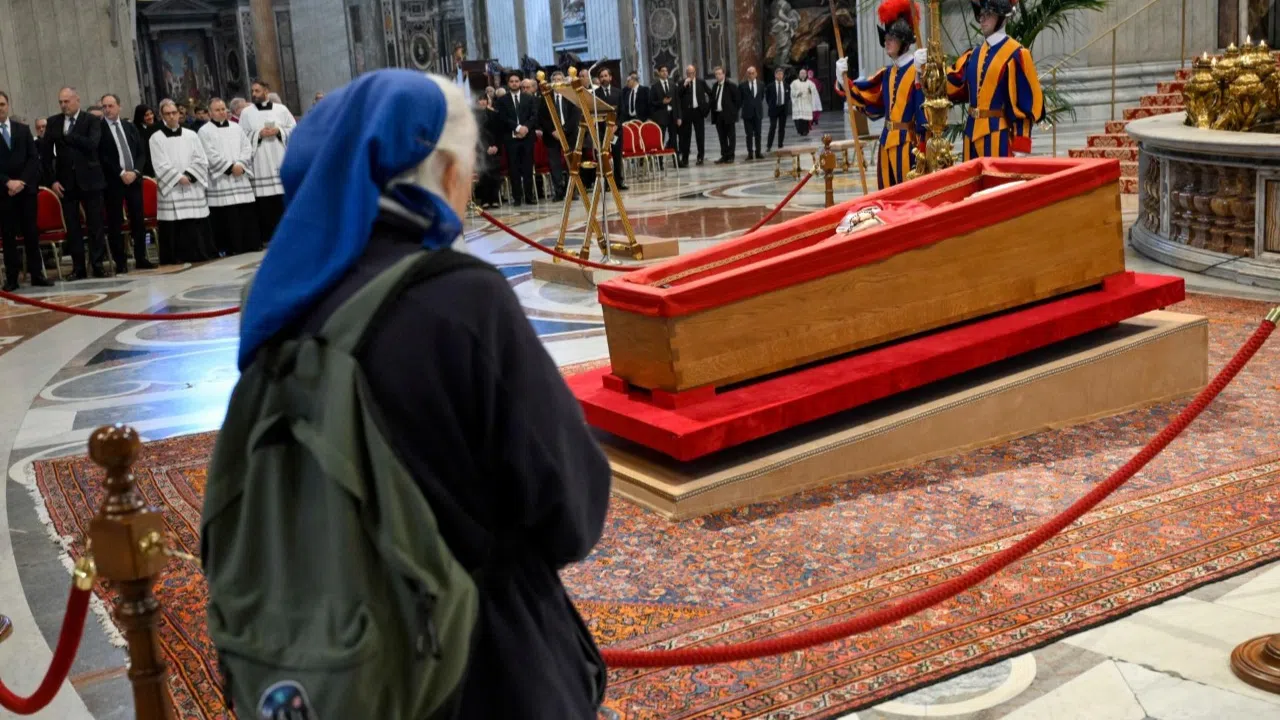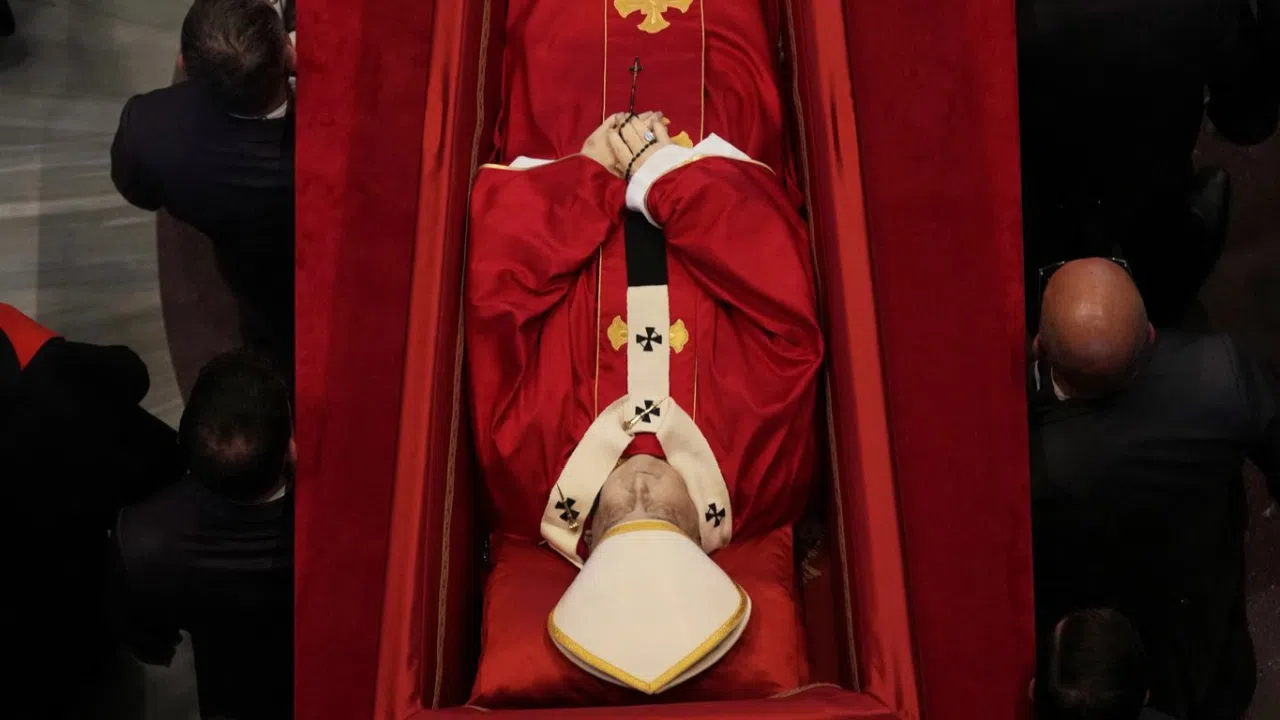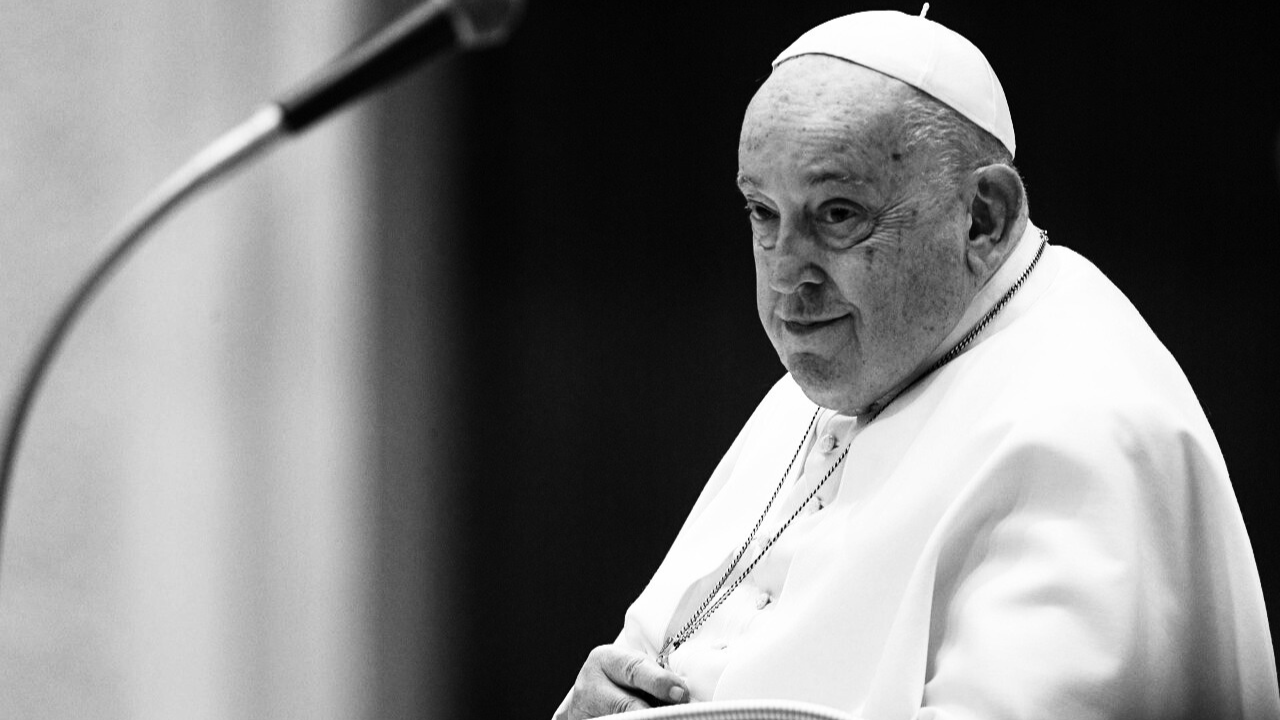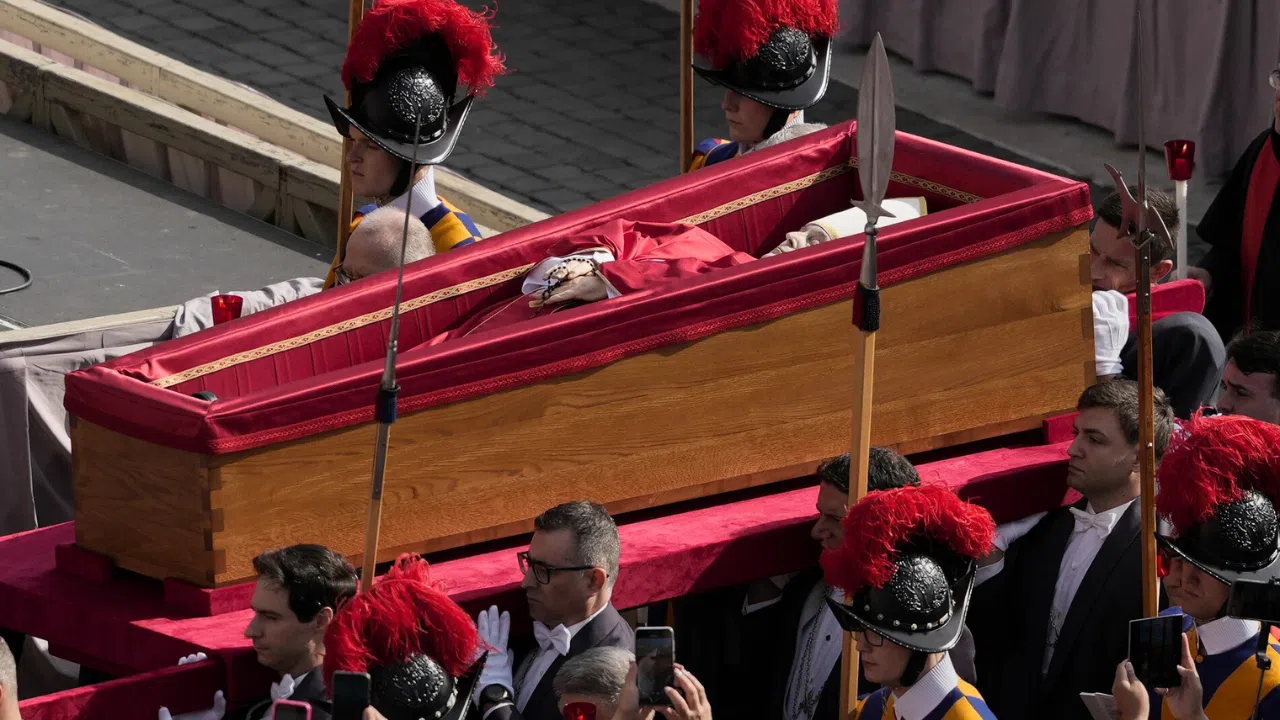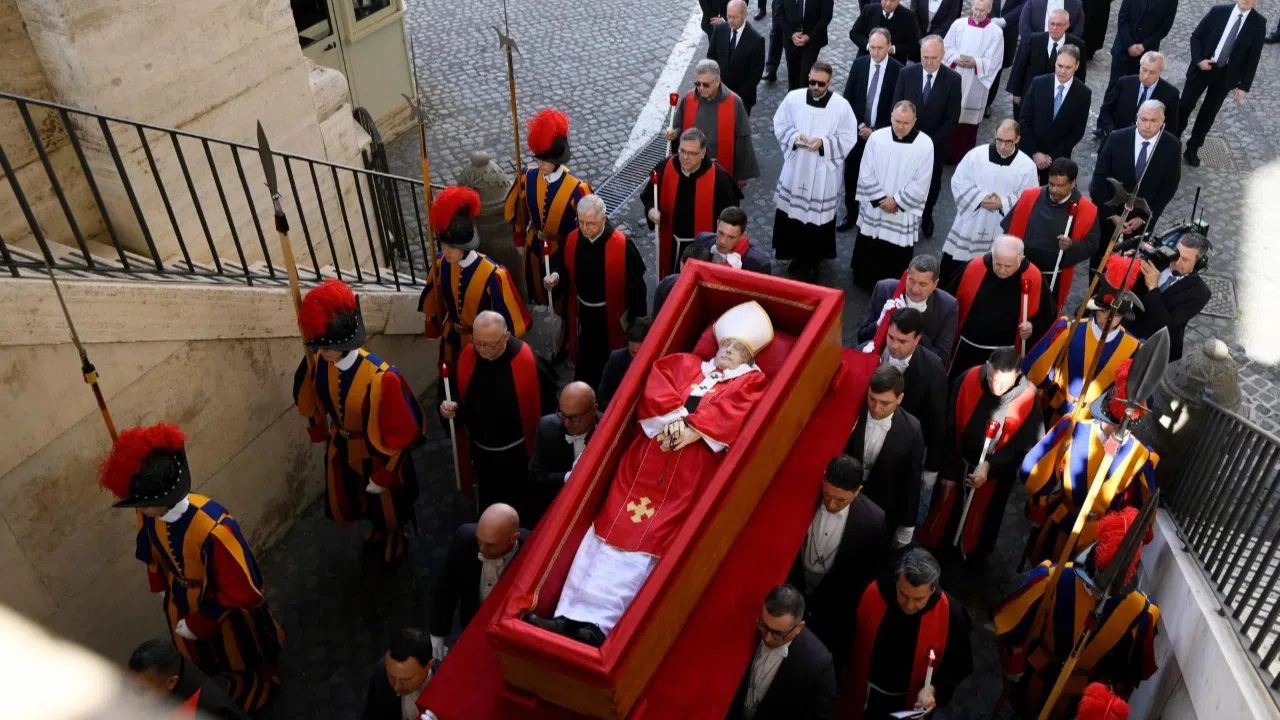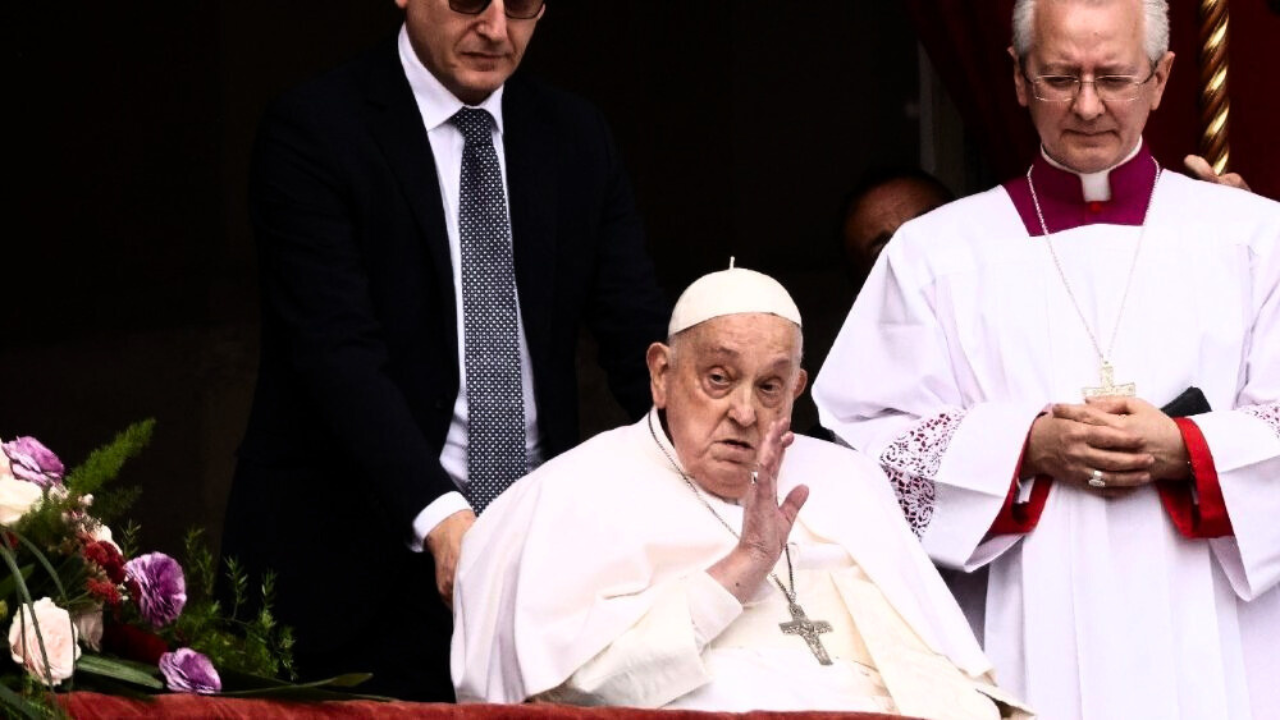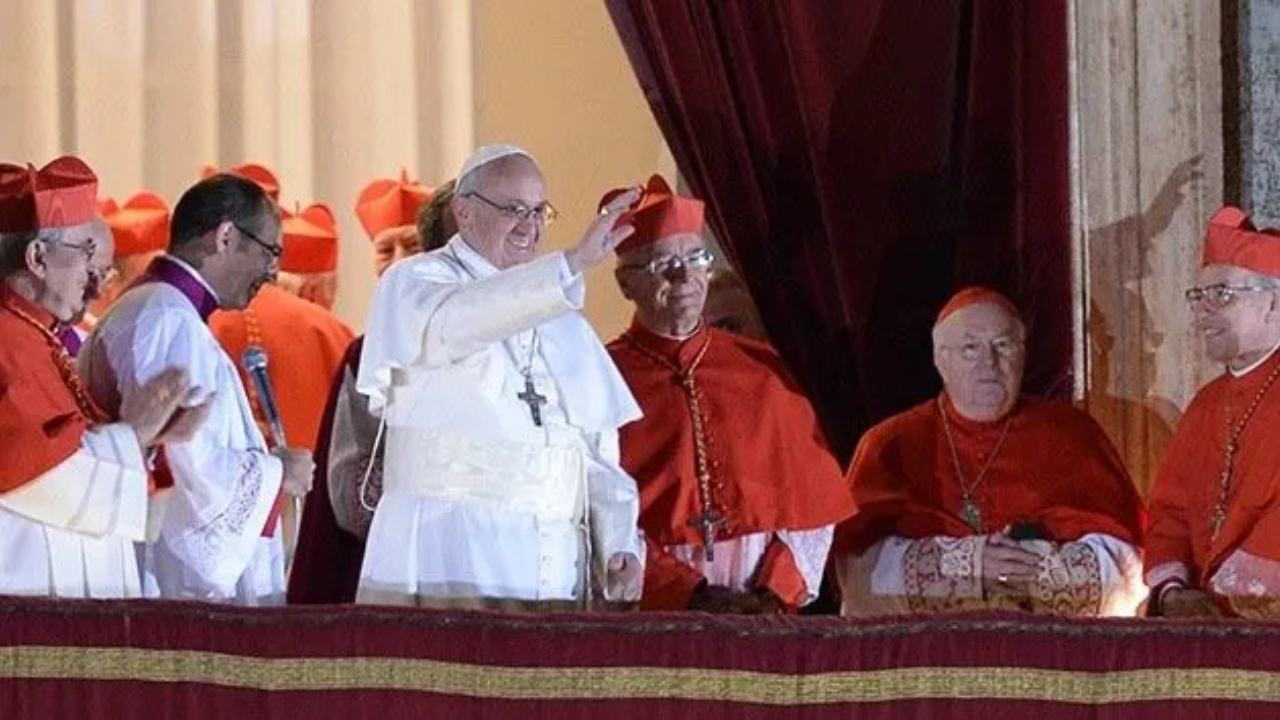During his visit to Peru in January, Pope Francis expressed his closeness to the indigenous populations of the Amazon.
POPE FRANCIS
“Allow me to state that if, for some, you are viewed as an obstacle or a hindrance, in reality, your lives cry out against a style of life that is oblivious to its own real cost. You are a living memory of the mission that God has entrusted to us all: the protection of our common home.”
Now, in preparation for a 2019 synod that will focus on the region, the Church has enlisted the help of local entities to gather insights. One of them is the Panamazonian Ecclesial Network (REPAM), which has convened 45 territorial assemblies across nine countries.
Representing a region that is widely overlooked, REPAM has been tasked with acting as a liaison between the Vatican and indigenous people.
MAURICIO LÓPEZ
Executive Secretary, REPAM
“We're all still trying to get used to a reality as particular as the Amazon, which can be difficult to understand from the perspective of the reality here in Rome. Even those of us who are working every day in the Amazon need to learn about these cultures. It's a cultural encounter at the end of the day.”
Those whose lives and resources are constantly being exploited are grateful to have their voices being heard by the Church and the accompaniment of the Holy Father.
MAURICIO LÓPEZ
Executive Secretary, REPAM
“For them, Pope Francis is like a great spiritual father, believers and non-believers. They believe in Pope Francis, they respond to the calls he makes. This synod for them is knowing that the pope himself, the Church they love so much – and for the non-faithful, the one that many respect – is wanting to listen to them.”
Three years after the publication of the Holy Father's Laudato si' encyclical, the Church is taking concrete steps to safeguard the future – not only of the marginalized, but also of the planet.
